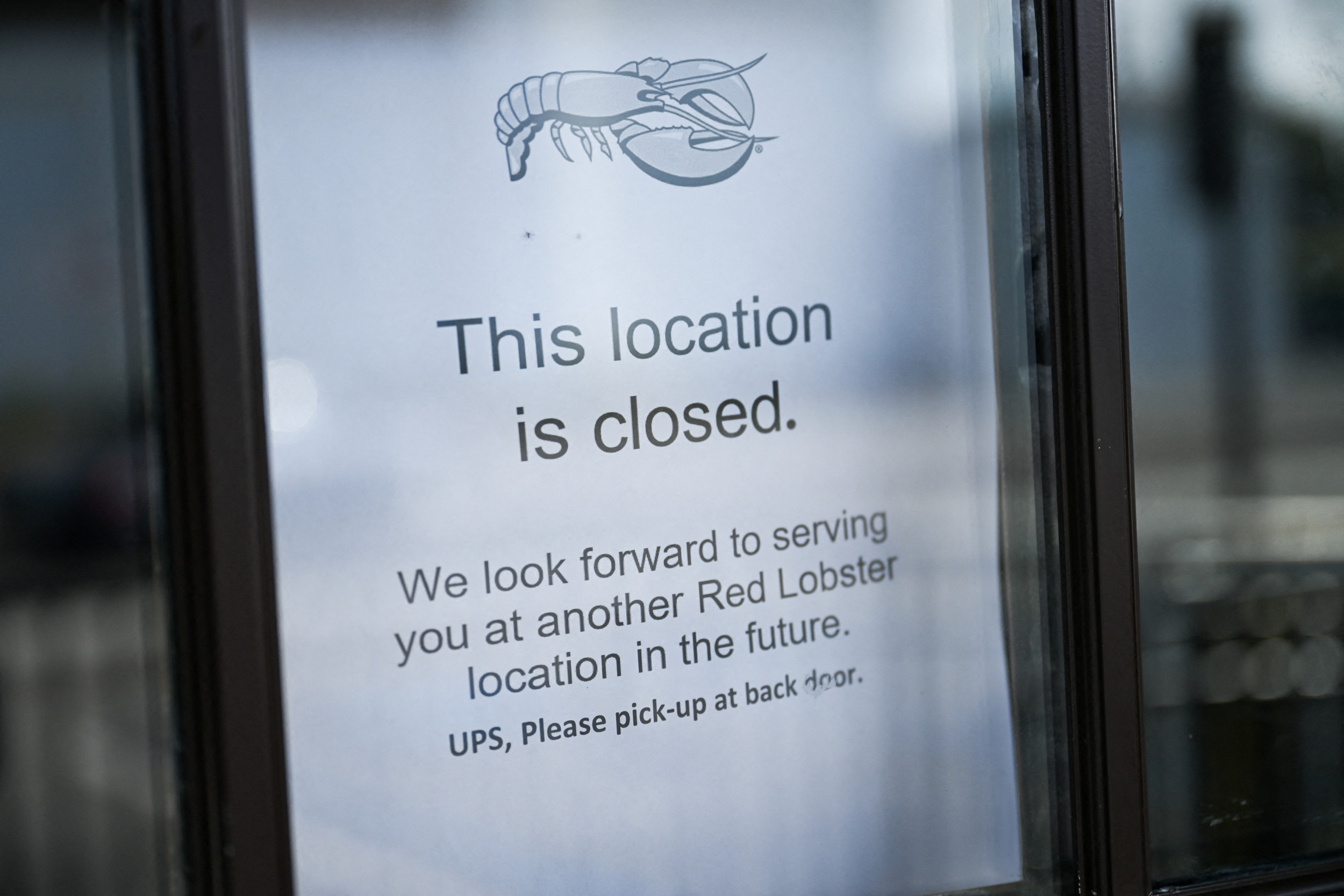Several waves of feminism into the 21st century, women are often told they are strong, they are blessed, they can do anything. But not all women receive these affirmations, and not every choice is praised. Women are actively discouraged from embracing more conservative views or making more traditional choices.
Perhaps the clearest example is motherhood. Vogue featured Ketanji Brown Jackson this month celebrating her historic confirmation to the Supreme Court. Amy Coney Barrett's confirmation was likewise remarkable. Both women are mothers and distinguished jurists. But they do not share an ideology. During her hearing, Jackson refused to give the definition of a woman. Glamorizing Jackson but ignoring Barrett sends a clear message to other women that they will only be celebrated if they toe a certain ideological line.
Since the Supreme Court returned the abortion issue to the states, there's been a steady stream of stories that depict impending motherhood as a burden, as if women hadn't been having babies for a very long time.
A July NPR story featured a Texas mom who had a horrendous miscarriage after the state had already essentially banned abortion but before the Dobbs decision. Despite the mother experiencing bleeding, cramps, and pain, the baby retained a heartbeat, so doctors couldn't help her with a miscarriage just yet. Eventually, she gave birth to a stillborn baby. The entire ordeal was undoubtedly a nightmare. But the piece did not highlight the mother's strength during a terrible time. Instead, it shifted the narrative: this was yet another reason why abortion on demand is vital for women. What a bizarre, cynical take on motherhood.
Mindy Kaling, known for her role as Kelly Kapoor on The Office, recently encouraged women to delay becoming mothers while they're young to bolster their careers. "I wish every 19-year-old girl would come home from college and that the gift—instead of buying them jewelry or a vacation or whatever—is that their parents would take them to freeze their eggs," she told Marie Claire in an interview. This "gift," she said, would help women "focus in your twenties and thirties on your career." The message? You can do anything, when "anything" means work. But balancing work and motherhood? This we cannot do.
Policymakers may fail to understand this dichotomy, but stories like these don't just champion abortion, careers, or liberal ideology—they treat women like they're fragile and like their choice to be a mom is ignorant or unimportant. Women are strong enough to handle a young pregnancy or even a burgeoning legal career while raising seven kids. No policy guarantees motherhood will be a painless undertaking, and that's ok.

Now, instead of supporting women in difficult pregnancies or applauding their quest to become moms, the narrative has shifted to simply telling women, "it's too bad you couldn't have had an abortion" or "just freeze your eggs." When women choose to be mothers or endure a difficult pregnancy, this choice is often maligned, scoffed at, or belittled because they didn't choose the preferred path. Motherhood isn't for everyone, of course, but what happened to women supporting women in their choice to be mothers?
Women are also being discouraged from saying certain things about their actual womanhood, and unfortunately, it affects girls and women of all ages.
Case in point: J.K. Rowling. The renowned author and feminist famously penned what became the first Harry Potter novel on napkins working as a waitress whilst a single mother. She's intimately familiar with abuse, which led her to vocally support sex-specific spaces in the U.K. When the author recently offered support for Salman Rushdie's recovery from a violent attack, she was told online "you are next." She's received hundreds of death threats not just for supporting Rushdie, but for asserting that women represent a separate, definitive sex who deserve their own spaces. She's been excoriated online as a radical TERF for this age-old stance.
In Utah, a judge just blocked a law which protected female spaces. At least a dozen laws like this exist around the country. Regardless of where one lands on transgender issues, allowing a biological male to compete or share space with females pushes girls and women out of sports lineups, awards, or scholarships they've worked hard to earn. Their safety and privacy are also at risk in sex-specific spaces like restrooms and locker rooms.
This seems like common sense. But now, if you say you support female-only spaces or support laws that protect women's sports, you're told you're a bigot, a TERF, and worse. Suddenly, women can't even support womanhood.
A pro-feminist narrative which purports to support women but instead undermines and underestimates them when they want to become mothers, celebrate their careers, or protect their spaces is hypocritical at best and dishonest at worst. Why are women capable of abortion but not of giving birth under heartbreaking circumstances, or even of happy motherhood and a great career? Why are these same women encouraged to work hard to achieve recognition in sports yet give that up now for political posterity? A truly feminist 21st century should support women in whatever they chose, even when they choose a more traditional path.
Nicole Russell is a mother of four who has worked in Republican politics. Her writing has appeared in The Atlantic, The Daily Beast, and the Washington Examiner. She is an opinion columnist at the Fort Worth Star-Telegram.
The views expressed in this article are the writer's own.
Uncommon Knowledge
Newsweek is committed to challenging conventional wisdom and finding connections in the search for common ground.
Newsweek is committed to challenging conventional wisdom and finding connections in the search for common ground.
About the writer
To read how Newsweek uses AI as a newsroom tool, Click here.





